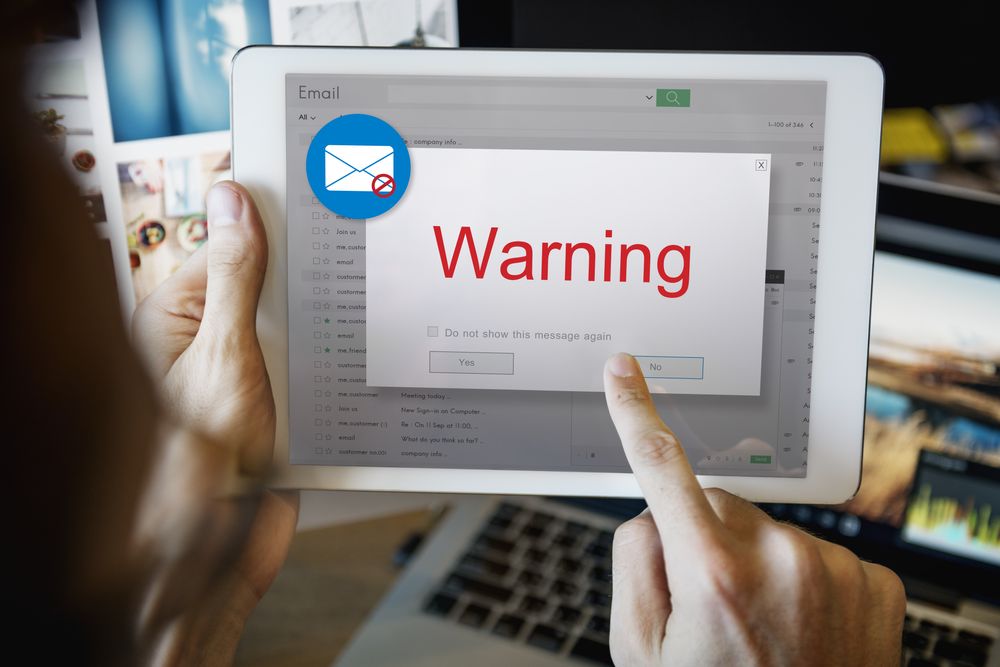Due to improved technology, many Australian companies today are said to be able to have employees working from home. This has been made possible by using digital collaboration, storage, and management tools.
However, online hackers are taking advantage of this new workplace revolution. Most are mainly targeting remote workers to access sensitive company data or exploit a firm’s network, programs, or hardware vulnerabilities. Their goal is to steal, destroy, or alter information for financial gain and other ill intentions.
Phishing is said to be one of the most common cyber-attacks that most companies with remote workers are believed to have faced at least once in their lifetime. This mostly happens if the employees have no efficient cybersecurity training or tools. Also, if the team isn’t vigilant, phishing attempts can be successful.
Therefore, enterprises must develop ways to protect their remote workforce from phishing scams. This way, they’ll ensure maximum security for their data, programs, networks, and hardware.

Table of Contents
How To Safeguard Your Remote Workforce From Phishing Attacks
Phishing is a social engineering cyber-attack used to steal or reveal sensitive data or install malware on a device. This occurs when malicious individuals posing as reputable entities trick people into opening fraudulent emails or messages.
If you have remote workers, some strategies could help protect them from phishing attacks. Today, most New South Wales firms are outsourcing their information technology (IT) services to reputable support companies. These enterprises offer advanced cyber security solutions to help keep remote teams safe. Besides that, they can also solve any problems they might encounter, ensuring they’re maximumly productive.
However, if you’d like to work with such companies, ensure you consider local ones. Remote firms are still efficient. However, IT organizations in your region can be helpful, especially if you have a physical office with servers and other devices.
If any hardware problems arise, they’ll ensure quicker disaster recovery and prevent any financial losses caused by IT downtime. Therefore, if you, for instance, have an office in Sydney, consider IT support Sydney or other reputable firms near you. However, if you’re based in other locations, you can research online to find the most reliable companies in your area.
If you wouldn’t want to engage an IT support enterprise, there are some helpful steps you could take to protect your remote workforce from phishing scams. Some of these strategies are highlighted and well explained below. These are:
1. Ensure Your Team Has Efficient Security Tools
To maximumly protect your remote employees, you must first make sure they have efficient security tools. It’s advised to ensure they use a virtual private network (VPN) and have antivirus programs on their devices. Also, insist on firewalls and web and spam filters to enhance their security.
All these tools can be effective in preventing phishing attacks. VPNs will help encrypt their connections, preventing hackers from tracking their online activities and intercepting their data.
Antivirus programs and spam filters, on the other hand, can identify suspicious emails and prevent them from reaching your workers’ inboxes. Also, firewalls will block any attacks, and web filters will ensure your employees don’t access malicious sites.
2. Conduct Training
Without proper cybersecurity knowledge, your remote workers can easily be victims of phishing attacks. Hence, it’s highly recommended that you train them on the tactics that hackers could use. Also, advise them to avoid clicking on strange-looking uniform resource locators (URLs) or opening emails and messages from unknown senders. Besides that, encourage them to update their passwords regularly and avoid accessing social media using work devices.
To ensure effective training, conduct your sessions using mock scenarios. These will provide your team with a real-life experience of how phishing works. This way, they’ll quickly identify any threats. As a result, you’ll significantly reduce the risk of such attacks in your company.
3. Encourage Regular Data Backup
Hackers keep upgrading their techniques. Consequently, your remote workers could fall for some advanced tactics. To prevent online criminals from gaining the upper hand, encourage your IT team to regularly backup their data. The cloud and external storage systems like flash drives are believed to be more efficient here.
Sometimes, after hackers access sensitive data, they’ll ask for a ransom, threatening to destroy it. However, if this information has been stored in a secondary location, your team will have the upper hand. This way, they’ll prevent any financial losses that could result from blackmails or work interruptions.
Conclusion
Phishing scams have become quite common today with the rise of remote work. These can be catastrophic to your company. They can disrupt work processes, reducing employee productivity and cause reputation damage if your customers know you were hacked. As a result, you could face significant financial losses.
Fortunately, several strategies can help protect your home-based team from phishing scams. Some of the measures you could take are outlined and well-explained in this writeup. They include: making sure your remote workers have efficient security tools, training them, and encouraging them to ensure regular backup.

